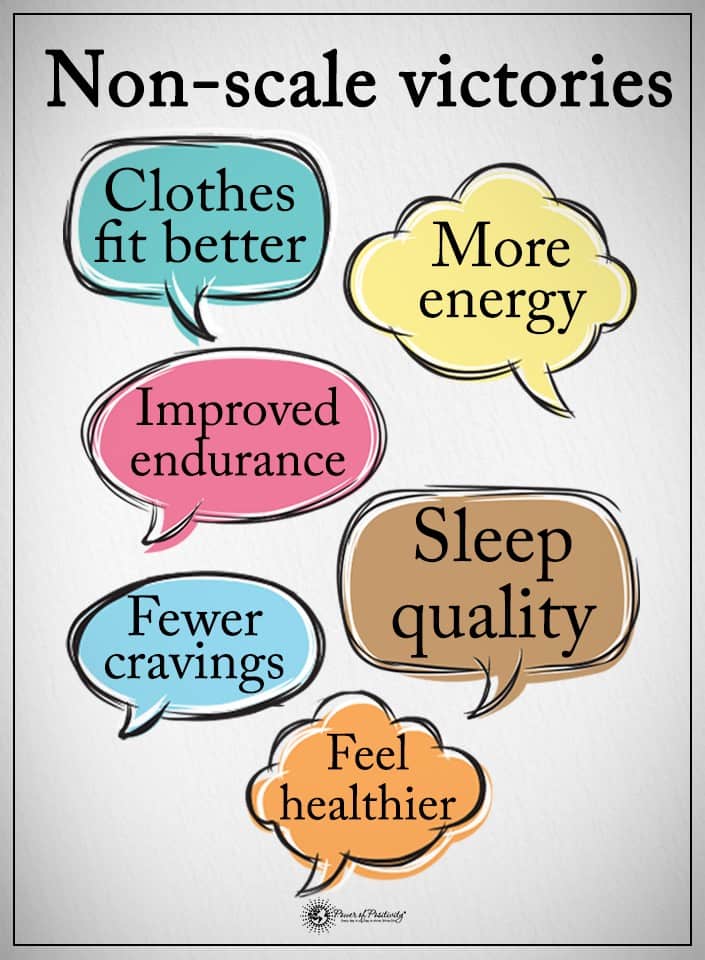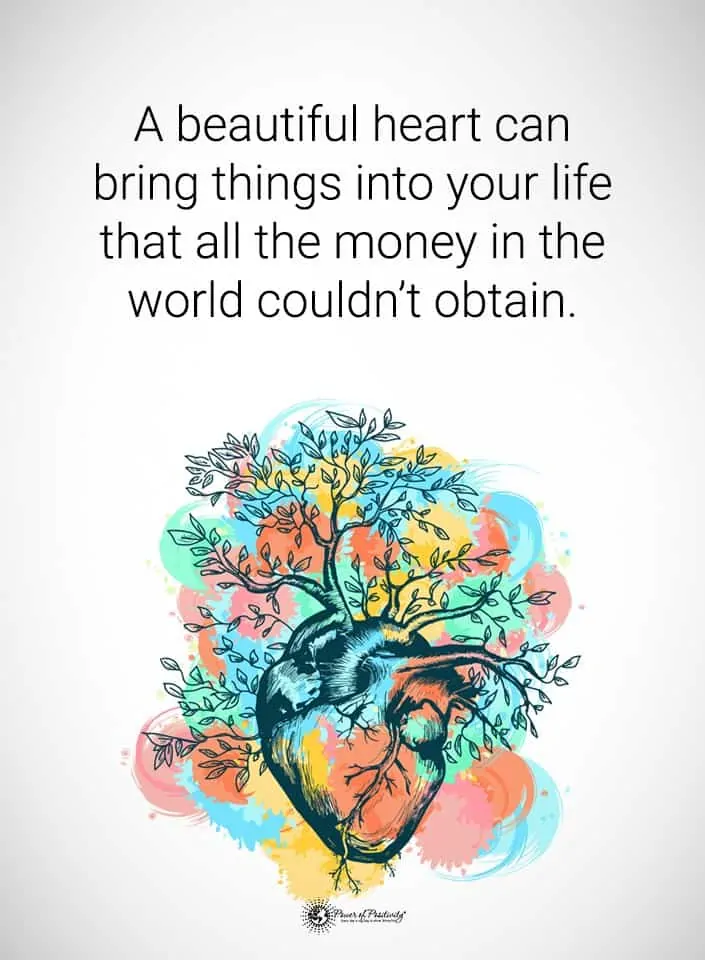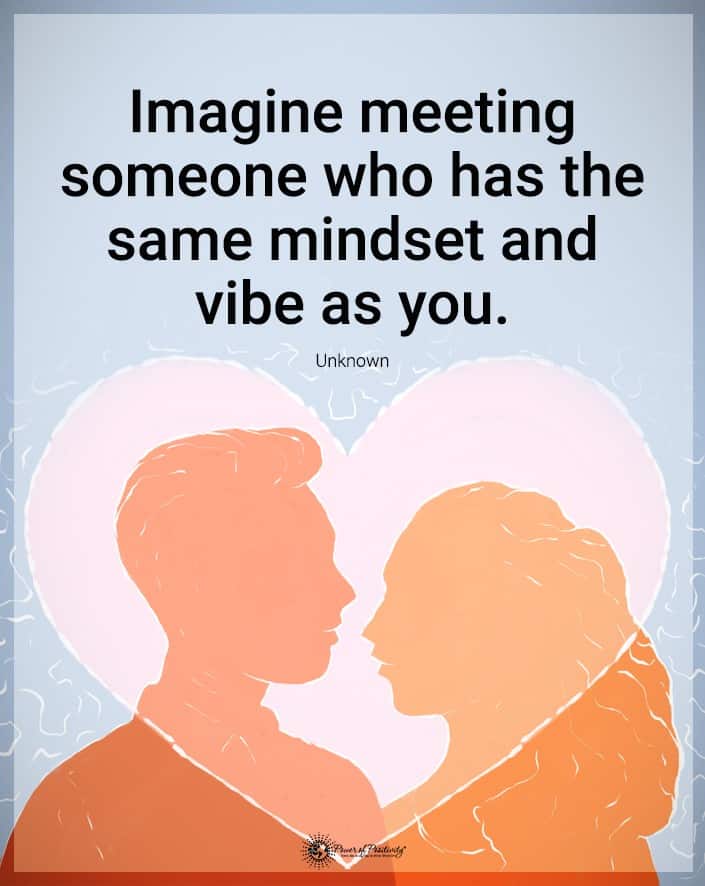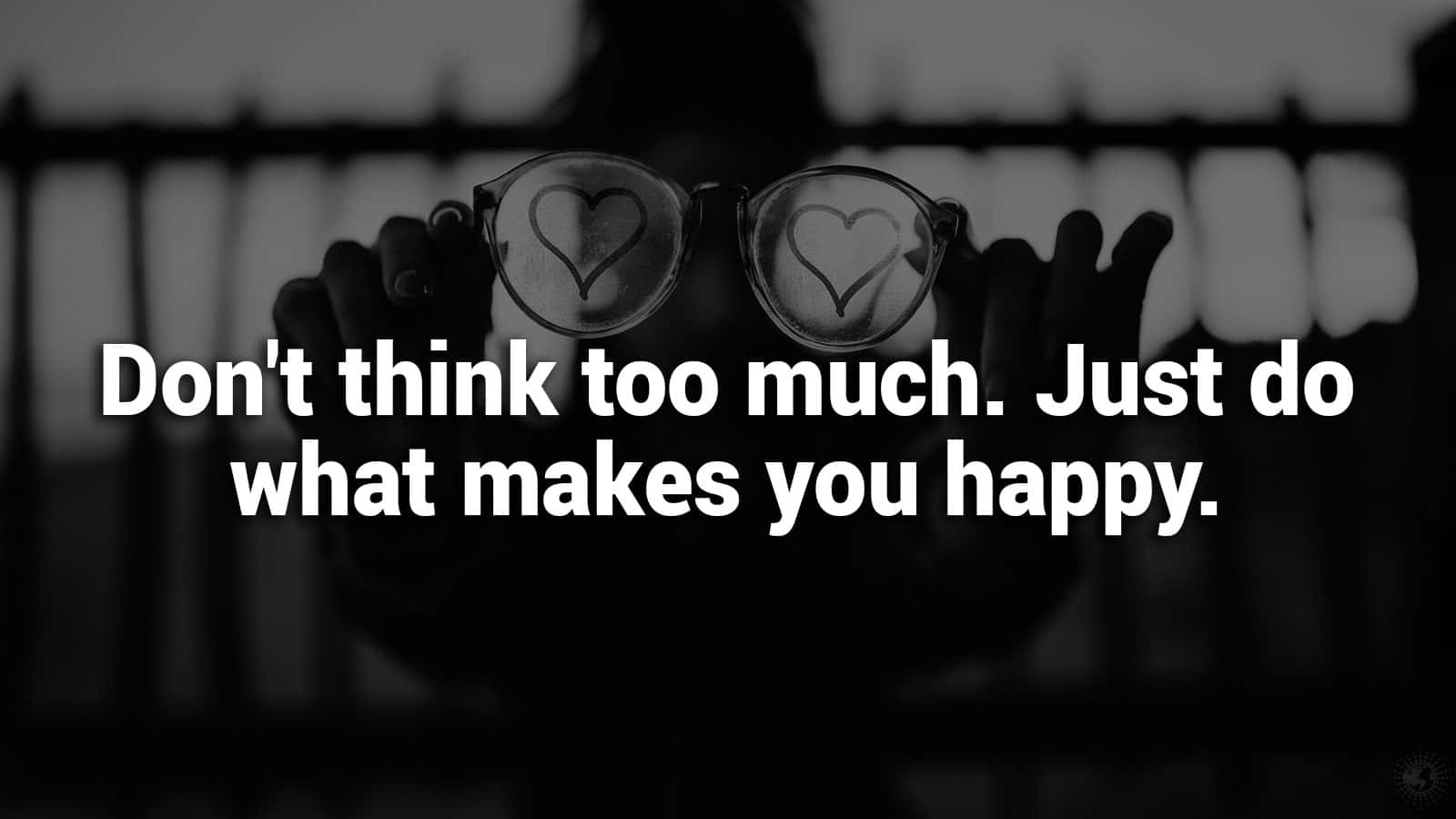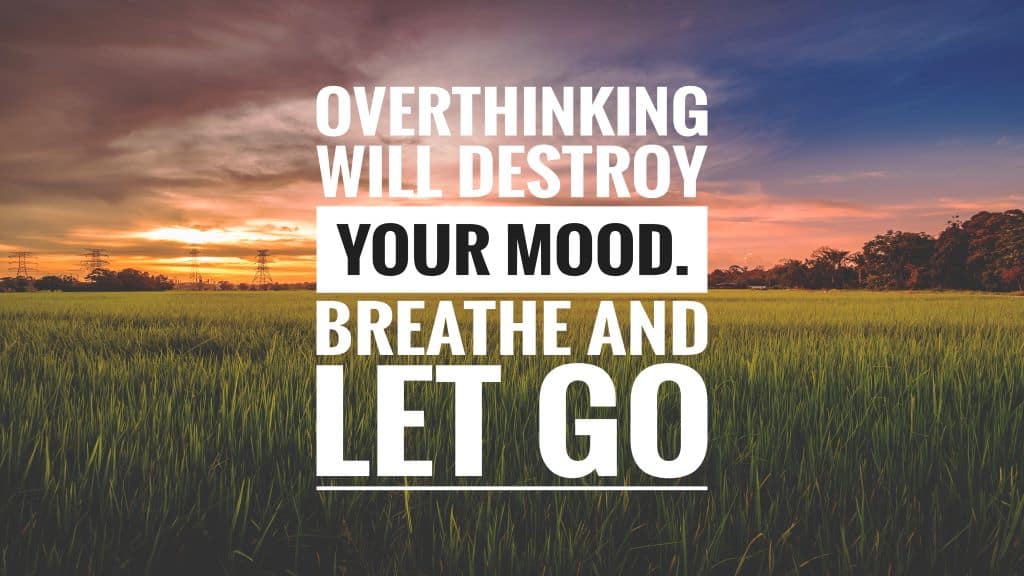Unfortunately, most people feel an enormous amount of stress in today’s world, with mounting responsibilities and not enough time in the day to take care of them all. According to the American Psychological Association, more than half of working adults in America feel that they cannot manage their stress levels effectively. Not only do stress and anxiety take a toll on one’s mental health, but they can also make their presence known in the body.
The stress epidemic in this country, and all around the globe, seems to only keep growing as time wears on. Some people feel stressed the majority of the time, but don’t even realize it because they now run on an operating system of fear and anxiety. Because it seems normal to them now, they don’t recognize the warning signals that their body and mind need a break. If this sounds like you, read on for the most common warning signs of excess stress.
Here are 7 signs you need to chill out:

1. You have nightmares often.
Having an occasional nightmare is a normal part of being human; however, having bad dreams most nights of the week can signal a serious imbalance in your nervous system. Some people believe that our dreams mirror our dominant thoughts in our everyday lives, so if your dreams consist of mostly darkness and negativity, this means that your thought processes need some tending to. Stress presents itself in our lives in a variety of ways, but most people don’t think about stress interfering with our dreams.
Nightmares can wake us up in the middle of the night, making it difficult to go back to sleep. Try to spend some time each day in meditation or some other form of relaxation to counteract excess stress. This will help you have a more restful night’s sleep.
2. You have trouble falling asleep at night.
Even if you don’t have nightmares, you might just have a lot of difficulties getting to sleep at night. Maybe you lie awake for hours, thinking about all the bills you have to pay or the speech you have to give for school or why and how the universe came about and what we have to do with it all. It seems many people’s brains become most active at night, maybe because they can finally have some alone time with their thoughts after a long day of work or school.
However, if your thoughts inhibit your sleep too often, the lack of sufficient rest can take a serious toll on your health.
3. Your mind constantly feels clouded and foggy.
Brain fog occurs when we don’t give our minds the rest they deserve. With all the responsibilities, noise, and chaos in everyday life, our brains seem to absorb it all and make our mental clarity fade. However, the noise in the outside world doesn’t have to replicate itself within your mind; you can control the state of your brain by taking time for self-care and relaxation. If you find it hard to focus or think clearly, this is a clear sign you need to chill out.
4. You get sick a lot.
Getting sick frequently means your immune system is overwhelmed and cannot do its job to eliminate harmful toxins and bacteria. Many people attribute sickness to just “something going around,” but often don’t think about how their mental state plays a part in contracting a cold or flu. If you experience stress for prolonged periods of time, it can weaken your immune system, inhibiting the function of cortisol in the human body. Cortisol helps to regulate immune cells during a stressful situation, but if the stress continues, it loses its effectiveness over time.
5. You use food to drown out your problems.
So many people eat food not when they’re actually hungry, but when they feel too many negative emotions that they cannot process or deal with. Emotional eating can become a very detrimental habit, and using food as a crutch will only exacerbate the real problem at hand. Feeling full acts as a way to temporarily forget about emotions and problems in life, and gives us a quick dose of dopamine to make us feel relaxed and happy. However, many foods people reach for to appease their emotions are highly addictive and harmful to the human body in large quantities.
Next time you feel stressed, make some hot tea, take a bubble bath, meditate, or do something to truly relax your mind and nourish your soul.
6. When you actually have time to relax, you don’t know how.
With cell phones constantly beeping and buzzing, and hundreds of shows we can binge-watch on Netflix, many people don’t even know what it means to relax anymore. To truly clear the mind, surrender to the nothingness when the mind is quiet, and just breathe. Relaxing doesn’t mean drowning out your thoughts and emotions in food, shows, social media, or other distractions; it means giving in to the now and enjoying your own company. If you don’t enjoy alone time, and instead feel stressed or anxious when you have time alone with your own thoughts, this might mean that you have too much stress in your life.
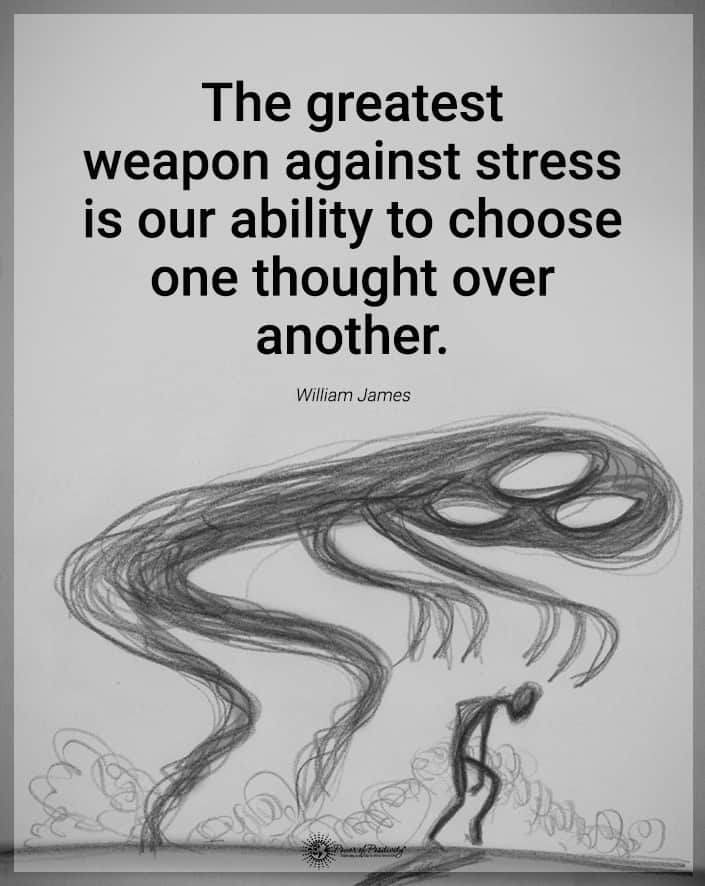
7. You have frequent skin flare-ups.
Like we said before, stress can show up anywhere in the body, including on the skin. According to WebMD, stress causes your body to produce excess cortisol and other stress hormones, which in turn, signal to your sebaceous glands to produce more oil. Excess oil can lead to acne and other skin rashes, so if you feel stressed, make sure to exercise regularly, eat a balanced diet, practice mindfulness, and relaxation techniques, and remember to always make time for yourself!

